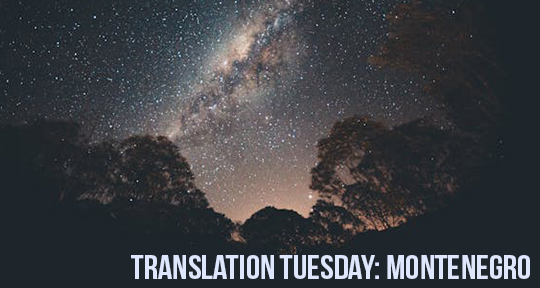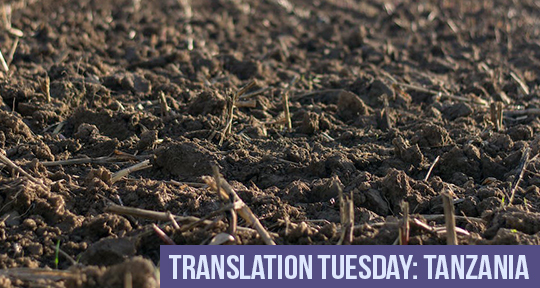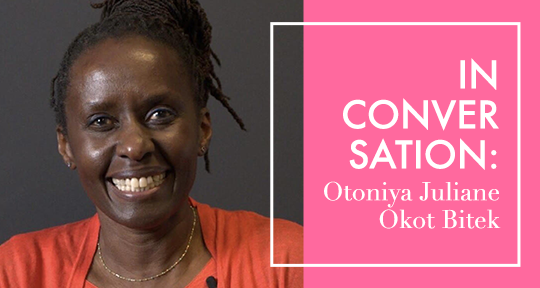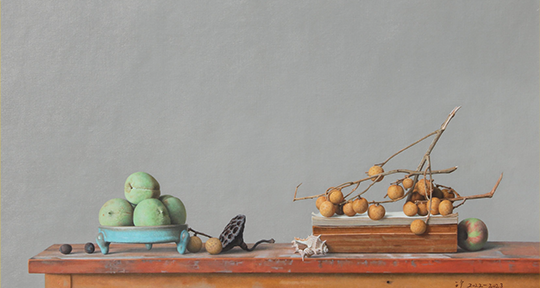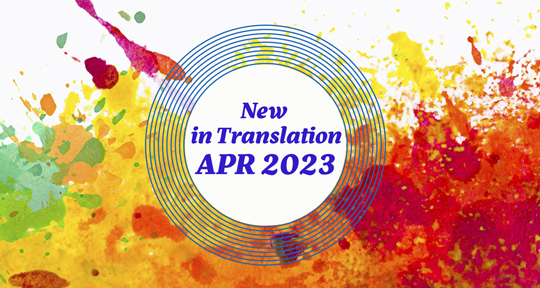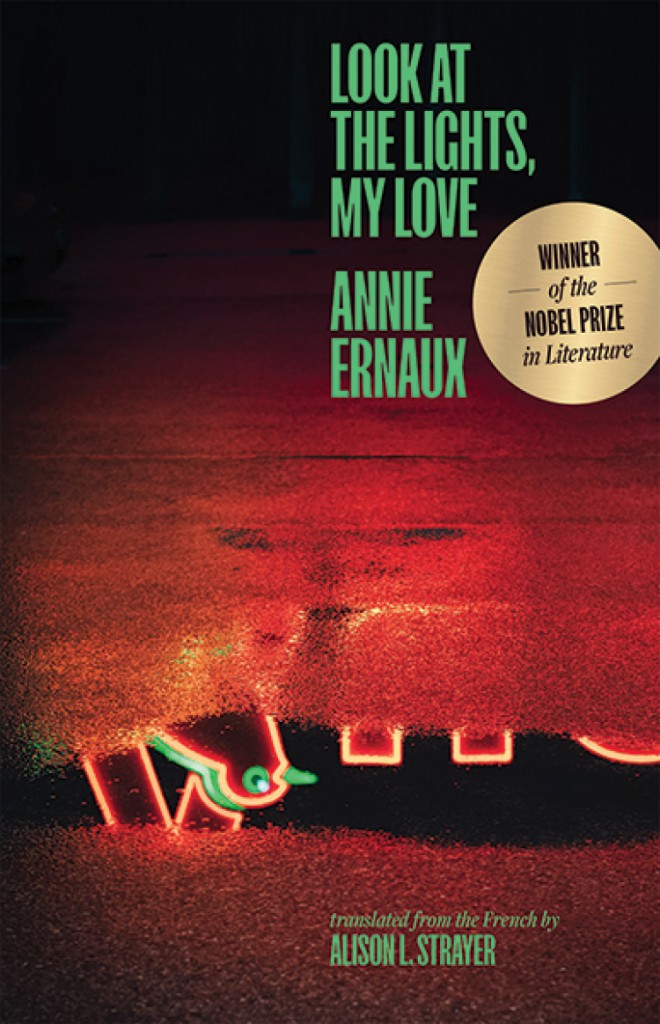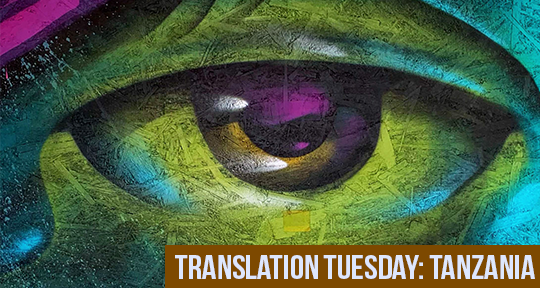This week, our Editors-at-Large take us around the world for book launches, book fairs, and literary prizes! From a former Police Commandant’s memoir in Kenya, to a “harrowing” new release in France, to a mobile poetry reading in New York City, read on to learn more!
Wambua Muindi, Editor-at-Large, Reporting from Kenya
On Saturday, April 6, Qwani launched Qwani 02 at Alliance Française Nairobi. Qwani, founded by Keith Ang’ana, is a youth initiative meant to promote literature among young writers and readers, and whose main annual event is the book launch. The launch also featured music performances and selected readings from the works that made the second project. The one-of-a-kind anthology is multilingual and features 72 stories from some 60 enthusiastic Kenyan young writers. Ranging from short stories to essays to poetry, the included pieces demonstrated some innovative skills in storytelling and writing. The event culminated in book signings, a cake cutting, and a speech cameo by Lexa Lubanga who highlighted the recent kickoff to the fifth edition of the Kenyan Readathon.
In other news, Omar Abdi Shurie, former Commandant of Administration Police Training College in Kenya, launched his memoir Beyond the Call of Duty at the Embakasi AP Training Centre on Thursday, April 18. His book continues a Kenyan tradition of men in uniform documenting their lives and bequeathing literary history with an archive of service in the disciplined forces. With a 45-year stint in Kenya’s law enforcement, Shurie offers a rare view into matters of security for a police unit that is—to the public mind—known for its corruption and brutality. The former Commandant documents a life that exemplifies the Kenyan dream; hailing from Mandera in marginal North Eastern Kenya, Shurie ultimately rose to head the police service, working to maintain law and order by providing leadership for law enforcement. This is what Shurie’s life story personified, and what his book represents—a Kenya that is still becoming.
Kathryn Raver, Assistant Managing Editor, reporting from France
Two weeks ago, over 100,000 people flocked to Paris for the third annual Festival du Livre de Paris. The festival hosted these crowds alongside hundreds of authors from around the world for three days of industry discussion and literary celebration. In the spirit of the upcoming Summer Olympics, there was even a “Grande Dictée des Jeux,” where over 2700 “spelling athletes” competed to transcribe a series of spoken texts in exchange for a medal and free entry to the festival.


